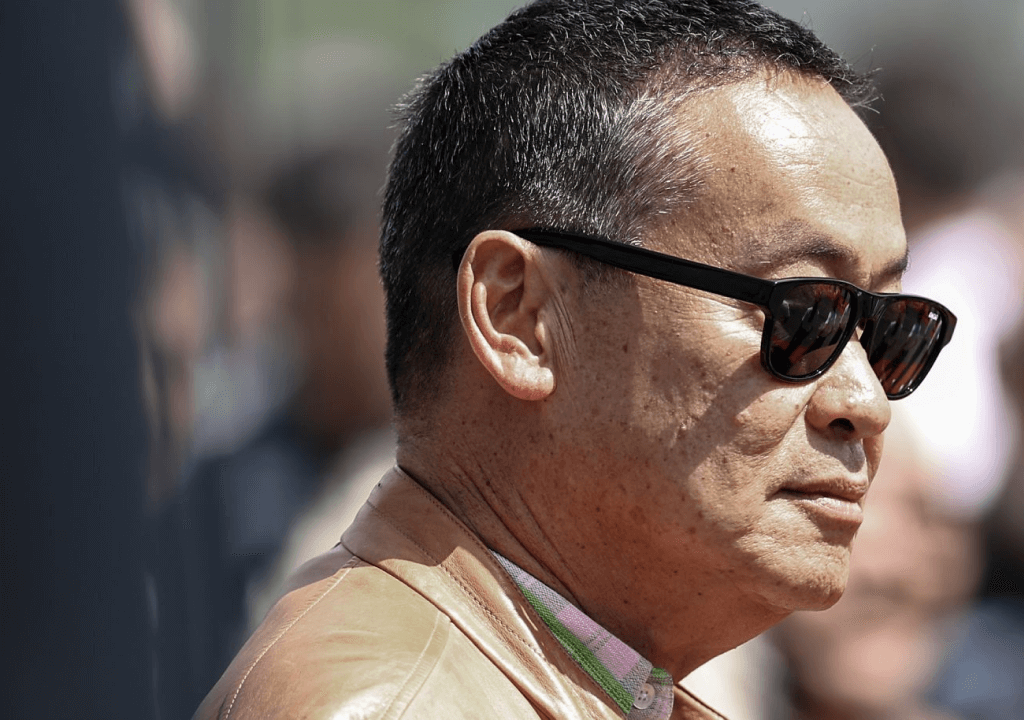Thailand’s constitutional monarchy is viewed by observers as an ongoing political drama full of twists and turns. In the latest episode, the caretaker government’s prime minister, Srettha Thavisin, was ousted by the court for breaching ethical standards. This occurred just days after the constitutional court issued a high-profile verdict banning the political party and leaders who won the majority in the general election under lese-majeste laws.
The coalition government was formed with the full support of royal establishments and authorities after overturning last year’s election results. This movement was backed by the courts, which effectively nullified the people’s verdict by law. The caretaker government, led by Srettha Thavisin, never garnered public support and is now facing a forced leadership change in an effort to regain public backing. The constitutional court ruled that Srettha had seriously violated ethical standards by appointing Thaksin’s former lawyer, Pichit Chuenban, to a cabinet position. Pichit was briefly imprisoned for contempt of court in 2008 over an unproven allegation of attempting to bribe court staff. Now, the leading party in the coalition, the Pheu Thai Party, has been tasked with finding a new prime minister.
The Pheu Thai Party, a populist party lacking the reformist drive of Pita’s Move Forward Party, will convene on Thursday to select a successor for the ousted former prime minister, Srettha Thavisin. The party is working swiftly to strengthen its alliance ahead of a critical parliamentary vote on a new prime minister. Pheu Thai must choose between two candidates: Chaikasem Nitisiri, a former attorney-general and justice minister, and Paetongtarn Shinawatra, the 37-year-old daughter of controversial political figure Thaksin Shinawatra, who is also the party’s inexperienced leader.
The constitutional court’s decision to dismiss Srettha on Wednesday not only dealt a significant blow to Pheu Thai but also to the political influence of the billionaire Shinawatra family, which has been at odds with Thailand’s powerful establishment and royalist military for two decades. Interestingly, Srettha is now the fourth premier from this movement to be ousted by a court ruling, and his removal may signal the end of a fragile truce between Thaksin and his opponents in the conservative elite and military establishment—a truce that had enabled the tycoon’s return from self-exile in 2023 and paved the way for Srettha’s rise to the premiership on the same day.
Pheu Thai has acted swiftly to maintain its advantage, with media broadcasting live images late Wednesday of its coalition partners visiting the residence of its founder and influential figurehead, 75-year-old Thaksin. They aim to be decisive – any delay could lead to more infighting and power struggles, so the sooner they can hold a vote, the better. A quicker vote would make it easier to manage the process and control the outcome in the house.
The convening of parliament less than 48 hours after Srettha’s dismissal stands in sharp contrast to last year, when it took two months for the lower house to convene and vote on a new premier following an election. At that time, lawmakers aligned with the military had united to block the anti-establishment election winner Move Forward from forming a government, but they later supported Srettha and Pheu Thai in a subsequent vote six weeks later. The 11-party Pheu Thai alliance, which holds 314 house seats, should have no trouble electing a prime minister on Friday, provided it remains united. A candidate must gain the support of more than half of the current 493 lawmakers to be elected as prime minister.
Pheu Thai faces a crucial decision: whether to choose party veteran Chaikasem or take a gamble on newcomer Paetongtarn, despite the risk of triggering a backlash similar to the one that led to her father and her aunt Yingluck Shinawatra being ousted in coups before fleeing into exile to avoid imprisonment. They will likely choose a successor soon, but the political drama is far from over, and it will continue until the people ultimately determine the final outcome. And after all, Bangladesh is not so far from Bangkok.








